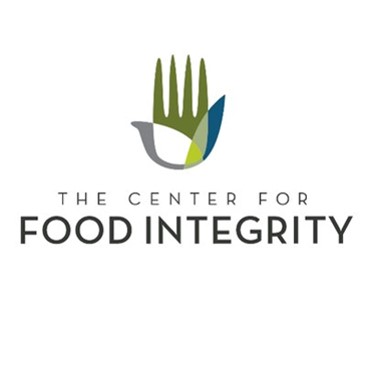



Gene editing for the future: Are you doing it right?
The Coalition for Responsible Gene Editing in Agriculture will provide communication materials and training this year to those researching, developing and communicating about gene editing in food and agriculture “The acceptance of promising innovations like gene editing hinges on how agriculture and technology developers approach the conversation – now and in the long-run,” says Charlie Arnot, Chief Executive Officer of The Center for Food Integrity (CFI), which facilitates the Coalition. “Without a doubt, gene editing can deliver significant benefits and solve challenges in society and food production. It is imperative that those using gene editing work to earn the trust of consumers and food system stakeholders so these benefits can be realised.”
“The acceptance of promising innovations like gene editing hinges on how agriculture and technology developers approach the conversation – now and in the long-run,” says Charlie Arnot, Chief Executive Officer of The Center for Food Integrity (CFI), which facilitates the Coalition. “Without a doubt, gene editing can deliver significant benefits and solve challenges in society and food production. It is imperative that those using gene editing work to earn the trust of consumers and food system stakeholders so these benefits can be realised.”
The Coalition, created by CFI in 2016, is a partnership of diverse stakeholders that share a vision of global acceptance and support for the responsible use of gene editing technology in agriculture and food. To develop the communication tools and training, the Coalition is collaborating with universities, associations and others who have conducted research on consumer perceptions about gene editing.
Common threads from this research, along with previous learnings about biotechnology acceptance, are the basis of the communication best practices and messages that will be provided to gene editing developers, researchers and food system stakeholders for use in their stakeholder engagement plans. This toolkit will include message platforms, fact sheets, infographics and images and will be easily accessible for a variety of communication purposes, including one-on-one and online conversations, presentations, media interviews and marketing materials. With the toolkit launch, CFI will provide training for those wishing to effectively engage with the public about the benefits of gene editing in food production.
“Traditionally the assumption has been, if the science is sound and there is appropriate regulatory oversight, there will be social acceptance of innovation,” states Arnot. “But, we know from experience that is not the way it works in today’s environment.”
Research from CFI shows that to earn trust with consumers, shared values are three-to-five times more important than sharing facts and demonstrating skills and expertise. “Consumers want to know that food producers care about the same things they do, like the highest standards in animal care, and producing safe, affordable, nutritious food in a way that protects and sustains our environment,” Arnot explains.









